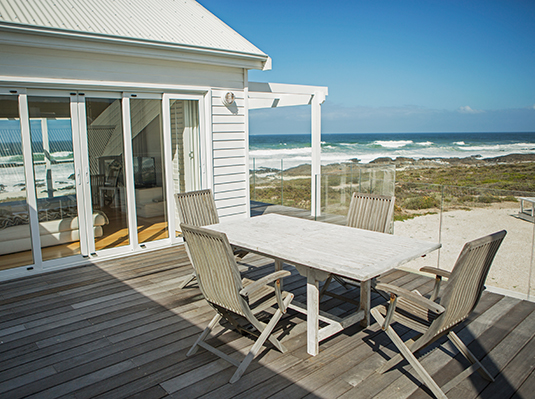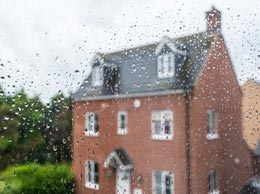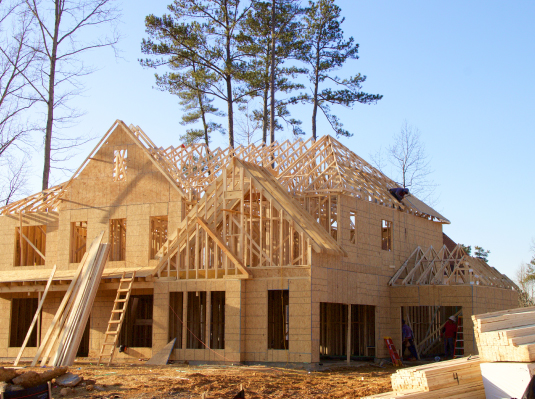
Vacation homes or secondary homes are a huge asset and should be a place where you can unwind and have fun. However, in order to fully relax, you first need to ask yourself the following questions:
- How is my home covered when I’m not there?
- Are my personal items in the home covered for theft?
- Do I have the right liability coverage if someone gets hurt in my home?
How to Insure your Vacation Home
A secondary home policy should mirror the coverages in your regular home policy in most states (i.e., Dwelling, Other Structures, Personal Property, and Liability). However, there may be a few small differences in the level of coverage you need.When shopping for insurance, ask for a secondary home policy instead of a dwelling policy, a vacant home policy, or a vacant dwelling policy. This is because there is automatic coverage in a secondary home policy for your personal property, whereas a dwelling policy assumes you do not furnish the home and normally does not provide any coverage for its contents. A vacant home policy will exclude theft and vandalism, which is coverage included on a secondary home policy. You will also want to look for Replacement Cost coverage on your dwelling and personal property to ensure your belongings are covered at the cost to re-purchase any damaged or stolen items.
Once you have the correct type of policy, make sure you have the correct level of liability. Vacation or secondary homes are traditionally riskier from a liability standpoint for three reasons:
- Accidents are hard to predict, and you are at a higher risk of accidental injuries at a vacation home because of the nature of the activities you may be doing. Liability coverage (home insurance liability coverage) protects you in the event of a lawsuit where you are held liable for someone’s injuries while on your property.
- Because you are not always at this secondary home, it is going to be vacant for a large portion of the year. Having it vacant may mean that unwanted guests have access to your property. You can be held liable for any injury to someone on your property, even when it happens to someone you didn’t invite. Secondary homeowners should secure higher levels of liability coverage in the event of a personal injury lawsuit.
- Since you own multiple properties, you have another asset that could be taken away if you are sued. For most states, homestead laws protect you from a lawsuit taking away your primary home, but now that you have a second home, you can potentially lose it or be forced to sell it to settle a lawsuit if you do not have sufficient liability coverage.
Clarify How You Will Use Your Secondary Home
With a secondary home, there are some potential underwriting issues that you will want to make your agent aware of so that you aren’t at risk for having a claim rejected if your policy is written incorrectly.
You will want to tell your agent how you plan to use this home. They will write the policy differently depending on if you’ll be there a weekend every month, or only once or twice per year. Insurance carriers will typically rate more favorably if you’re planning on being there more often.
You especially want to tell your agent if you’re planning on using this home for any home-sharing or short-term rental activities like Airbnb or VRBO. Not telling your agent about these activities can pose a major issue, and if this is not disclosed, the insurance company will likely reject any claims and cancel your policy. Secondary home policies are not meant for a homeowner who is planning to lease out their home or set it up for short-term rentals. If you do decide to take advantage of those types of home-sharing activities, you will need an entirely different type of policy or a special endorsement on your secondary home policy.
Now that you have an idea of the important coverages needed for your secondary home, contact one of our Goosehead agents to properly protect your new home and get the type of policy that best suits your needs.
The contents of this article are for informational purposes only. You should not act or refrain from acting based on this information without first consulting a Goosehead licensed agent. We disclaim all liability for actions taken or not taken by you based on the contents of this article which is provided "as is." Goosehead makes no representation that this content is error-free.


